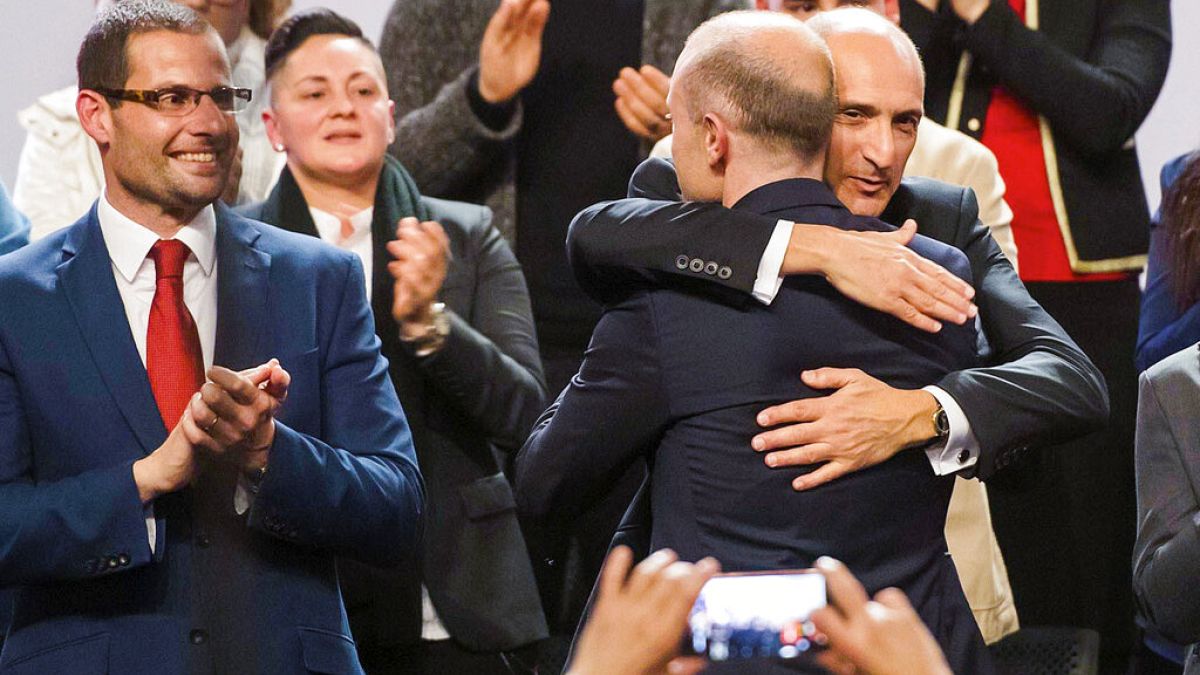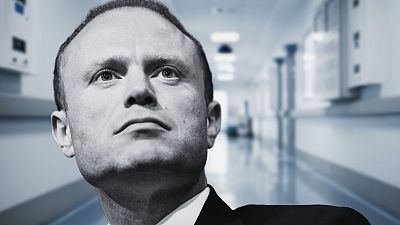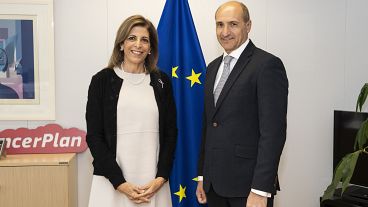Malta's deputy prime minister resigned and asked for his nomination to the EU Commission to be withdrawn after being charged by prosecutors.
Chris Fearne resigned as deputy prime minister of Malta on Friday and asked for his nomination to the EU Commission to be withdrawn after being charged by prosecutors on suspicion of misappropriation and fraud in the latest corruption scandal in the country.
Fearne sent a letter to Prime Minister Robert Abela communicating his decision after it was revealed on Wednesday that his name was included in the chargesheet related to the privatisation of three state hospitals in a deal between the Maltese government and Vitals Global Healthcare, dating to the time when Fearne was health minister in the island republic, a post he held until January this year.
"Although I am not privy to the contents of the magisterial inquiry and thus unaware of what the alleged charges against me are based on, I know what I have done and haven’t done as a minister," he wrote in the letter, stating he is certain that the court proceedings will confirm his innocence.
Maltese media reported that Fearne told his parliamentary group that he would be willing to resign if his name is cited by the magistrate handling the case.
'Not one to cling to power'
In his letter, he cited this pledge, adding that he had "already given proof that he is not one to cling to power".
Despite being charged by the prosecutors and having resigned from his government position, Fearne continues to enjoy the confidence of the Maltese prime minister, Robert Abela, who responded to Fearne's letter in a post on Facebook, asking him to reconsider his decision and praising his integrity and ability.
"At the most difficult moments for our country, not only did I find a shoulder to lean on, but the country benefited greatly from your capabilities. This was also noted at an international level," Abela wrote in the post.
Opposition leader Bernard Grech condemned Abela’s message in a separate Facebook post saying that the prime minister was wrong "to insist that those government high officials facing criminal charges should remain in their positions".
Doing so undermined Maltese institutions, Grech said.
MEP David Casa (Malta/EPP) reacted to Fearne’s resignation on X saying he "finally did the right thing, placing the good of the country before himself" and called for Edward Scicluna, Malta’s Central Bank governor, to do the same.
Malta's hospital scandal
Resignation may not be the final word on Fearne's Commissioner candidacy, however, since he concluded his letter by stating that if, following the court case, the country calls on him to serve again, it will find him ready.
Joseph Muscat, Malta’s former prime minister, Keith Schembri, his former chief of staff, and Konrad Mizzi, former health minister were also named along with Scicluna in criminal charges filed by prosecutors on Monday.
In 2015, the Muscat government signed a contract with Vitals Global Healthcare to operate three government hospitals. VGH later sold the concession to Steward Health Care, a hospital operator that owns 30 hospitals in the United States. The company filed for bankruptcy on Monday after months of financial problems.
The investigation into VGH first began in 2019, to assess the role played by Joseph Muscat and his government in the deal.
In 2023, a court ruling annulled the original deal, concluding that Vitals Global Healthcare and Steward Health Care had failed to meet their contractual obligations, that the deal was fraudulent, and that the government officials involved had acted against the national interest during negotiations.



